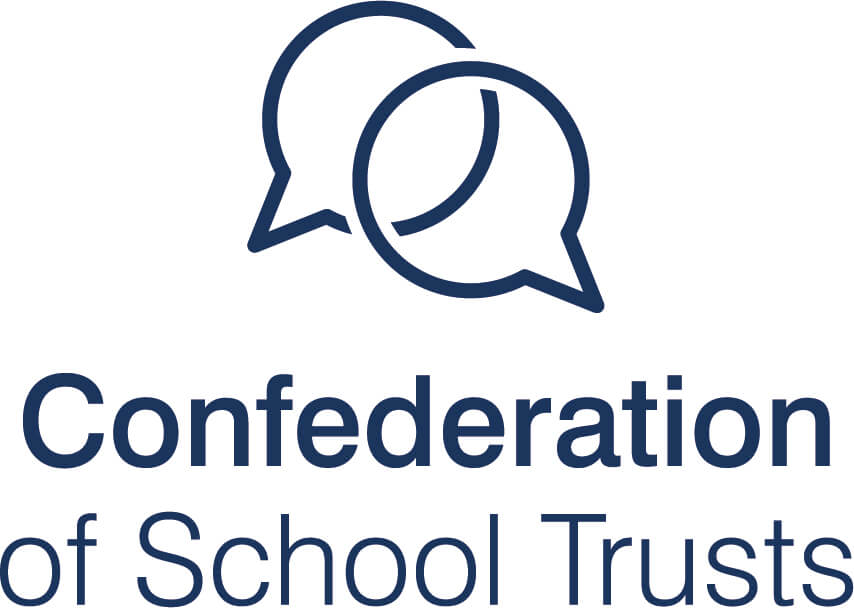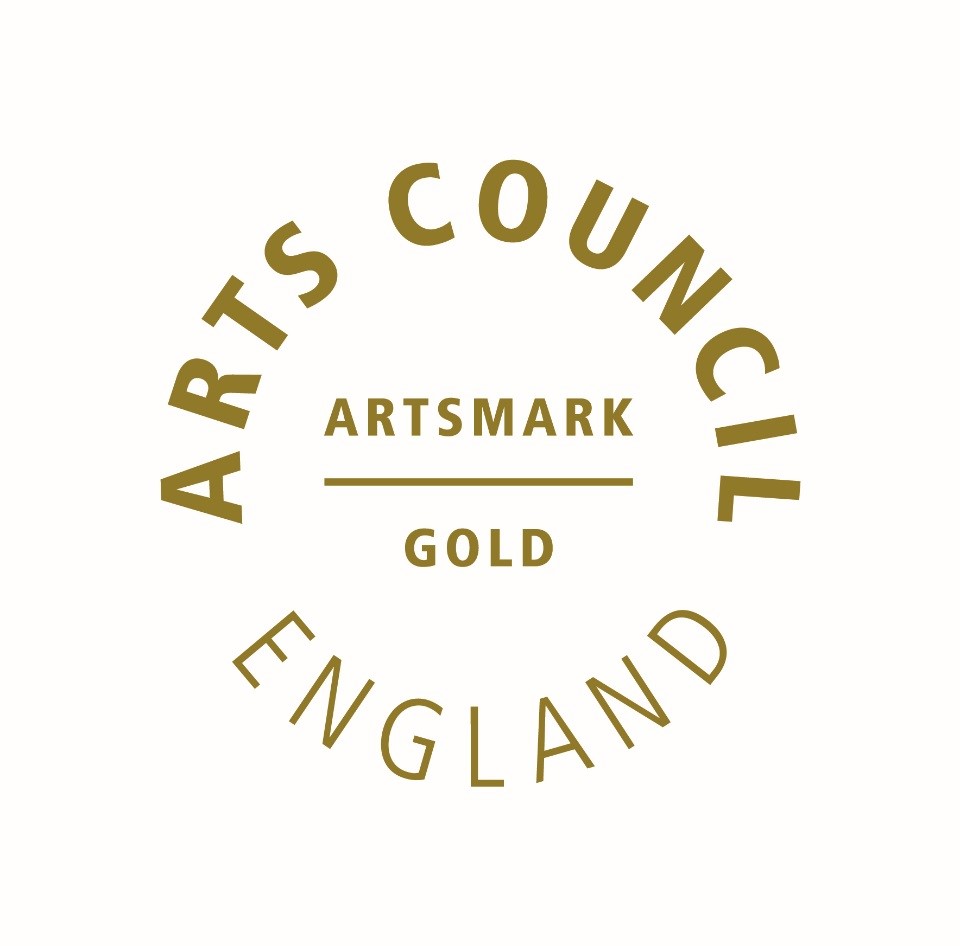Writing
At Zetland we want our children to enjoy writing and develop into confident, technical and articulate writers throughout their journey at our school. We recognise that children’s progression and ability in writing has such a great impact not only a child’s progress in writing itself but also in many other areas of the curriculum as well. We aim to equip our children with the necessary skills, flare and enthusiasm to be the successful writers of the future.
Planning for progress
At Zetland, we primarily follow the Ready Steady Write programme, this ensures coverage of skills and progression in writing. We teach a variety of different genres within each year group and often use the ‘WAGOLL’ (What a good one looks like) approach to show children what we expect their writing to be like as a finished piece. We understand the importance of making sure that children have a secure awareness of purpose and audience when writing. We often link our writing tasks to a specific text that we have been learning to ensure that children have the opportunity to write in the style of an author and apply the higher order vocabulary that they have read and studied through their analysis of the text. When teaching writing we use a variety of different techniques across school including Guided writing where we complete a piece of writing by combining our ideas in a group or a whole class. Some classes also use ‘Talk for Writing’ techniques as part of the writing teaching sequence. During the Autumn term and also during specific points in a writing teaching sequence you would expect to see more adult modelling before children then become able to write independently in the correct style. As part of the writing process children learn how to plan their writing before they begin and we often use a ‘Boxed up’ planning approach. Children also learn how to edit and improve their writing effectively. From Y2 to Y6, we have found the IPEELL strategies useful in order to improve both planning and editing skills.
We use the Little Wandle Phonics program to teach Phonics in our school. This program incorporates the development of aspects of early writing.
At Zetland, children are taught discrete handwriting sessions. Children use a cursive script from Y2 upwards, once their handwriting and fine motor skills are securely developed enough. In EYFS and KS1, children learn spelling skills as part of their phonics lessons and children in Y1 upwards have a weekly spelling test, which tests the spelling patterns taught in each year group.

High expectations for all
In all classes, there are children of differing writing ability and attainment. We recognise this fact and provide suitable learning opportunities for all children by matching the challenge of the task to the ability of the child. Children are given additional adult support in lessons when required and adults are also planned to target specific writing groups within lessons at various points of the writing teaching sequence. Children with SEND sometimes receive extra support in the form of programs such as Toe by Toe. The Little Wandle catch up programs are used as interventions to support children who need extra help with their phonic development which includes aspects of writing. Some pupils use specific support strategies such as Dyslexia friendly dictionaries, coloured acetates, b/d cards and pencil grips to support their writing development. In school we receive extra support and advice from the Educational Psychologist and the LA Specialist Teaching Service when necessary.
Promoting Writing and Parental Involvement
We encourage all Parents to take an active role in helping their children to learn to write. We make parents aware of the expectations for writing in each year group by sharing and discussing their child’s progress. Parents also have ‘Welcome meetings’ for Reception ready for the start of the new school year Before Y6 SATs, parents are invited into school to learn about how the tests work and how they can support their child to prepare for these tests at home.
As well as weekly spellings to practise at home from Y2 upwards, children in each class receive regular homework tasks to complete which support the writing skills that we have taught at school. We use Marvellous Me to communicate writing messages to parents.
We celebrate writing in school through our weekly ‘pupil of the week’ award and also our termly star pupil award.
Standards and Attainment
The standards of children’s work, attainment and the quality of teaching in Writing are the responsibility of the English subject Leader and Head Teacher. Progress in writing is assessed in a variety of different ways across school including the formative phonics/SPAG assessments, formative Shared/Guided writing tasks and assessments. Once a term, Teachers input a writing assessment grade into SIMs and this is shared with school during our termly Standards staff meeting. This grade is decided by looking across a ‘collection’ of children’s writing across a term and assessing whether the child is working towards, working at or above the writing standard for the year group.
Progression in knowledge and understanding is ensured through careful transfer of information during transition discussions and moderation of work to clarify expectations and standards for children at different levels of writing attainment.
Writing interventions are monitored and co-ordinated by the English Subject Leader.
During Parents Evening in October and February, teachers discuss children’s progress in writing and discuss targets and ways to help their child in writing. In July, Parents receive their child’s yearly report, which includes their child’s current level for writing. A statutory SPAG test takes place at the end of KS2 and we may complete the optional SPAG test for Y2. Statutory writing Moderation takes place through the LA as part of a cycle for KS2
Ensuring high quality teaching and learning
The English Leader is responsible for monitoring the teaching of writing across school and ensuring that relevant writing resources are available. Our SIDP highlights areas in writing that we are aiming to develop and improve across school and within each phase. We organise CPD based on our SIDP targets and when a particular need arises.
English Leaders within the Ironstone Academy trust work together to share practice, raise attainment of all children within the Multi-Academy Trust, moderate work and ensure consistency across the schools.
Learning environment
Classrooms have working walls to support the development of writing skills, this is often linked to the Ready Steady Write programme or the Little Wandle Phonics programme.
More detailed information regarding writing at Zetland Primary School can be found in the English Policy, which is located on our school website.
Mrs J Hamilton
English Subject Leader
February 2020 updated September 2024
More detailed information regarding writing at Zetland Primary School can be found in the English Policy







